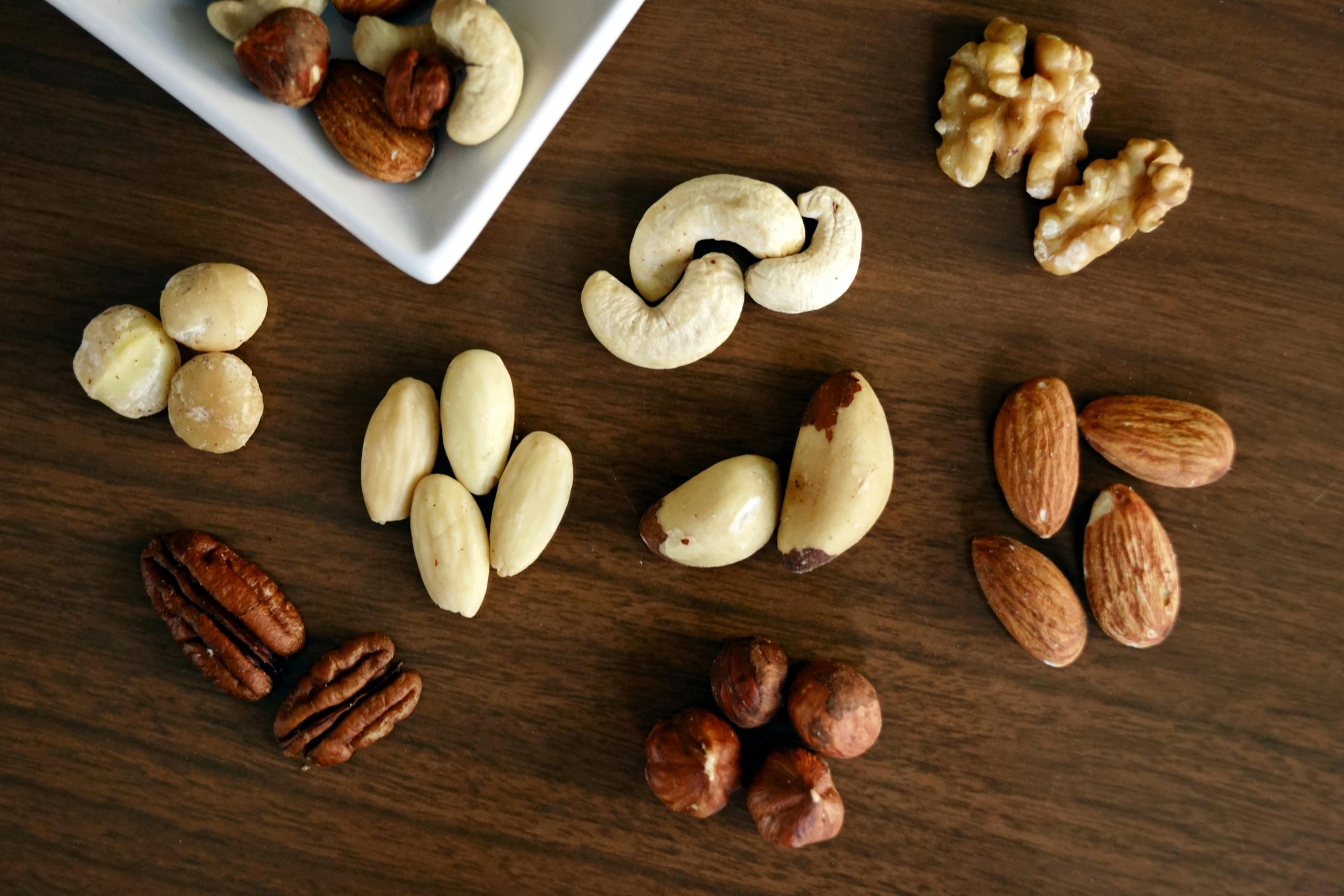Currently Empty: ₨0.00

The Ultimate Guide to Nutritional Benefits of Dry Fruits and Nuts
Dry fruits and nuts have long been celebrated for their impressive health benefits and nutritional value. These nutrient-dense foods offer a plethora of advantages that are supported by scientific research. In this comprehensive guide. We explore the key health benefits of various dry fruits and nuts, supported by scientific studies. To help you make informed dietary choices.
Nutritional Overview of Dry Fruits and Nuts
Dry Fruits: Dry fruits, including raisins, apricots, figs, dates, and prunes, are fresh fruits that have undergone a drying process to remove most of their water content. This process concentrates their natural sugars and nutrients. They are rich in fiber, vitamins, minerals, and antioxidants.
Nuts: Nuts such as almonds, walnuts, cashews, pistachios, and hazelnuts are nutrient-dense seeds encased in a hard shell. They are known for their high content of healthy fats, protein, and essential nutrients.
Scientific Benefits of Dry Fruits
- Antioxidant Power: Dry fruits like raisins and apricots are rich in antioxidants, such as polyphenols and flavonoids. A study published in the Journal of Nutritional Biochemistry found that these antioxidants help neutralize harmful free radicals, reducing oxidative stress and inflammation in the body. This contributes to a lower risk of chronic diseases like heart disease and cancer.
- Improved Digestive Health: Dried fruits, particularly prunes and figs, are high in dietary fiber. Research in the Journal of Nutrition indicates that dietary fiber improves gastrointestinal health by promoting regular bowel movements and preventing constipation. Fiber also supports the growth of beneficial gut bacteria, contributing to overall digestive wellness.
- Enhanced Bone Health: Dried apricots are a good source of calcium and potassium, both of which are essential for maintaining bone health. A study in Osteoporosis International highlights that adequate potassium intake helps preserve bone density and reduces the risk of osteoporosis.
- Blood Sugar Regulation: Dates are known for their low glycemic index. Making them a suitable option for those managing blood sugar levels. Research in the Journal of Clinical Nutrition shows that dates have a minimal impact on blood glucose levels and can be part of a balanced diet for individuals with diabetes.
Scientific Benefits of Nuts
- Cardiovascular Health: Nuts such as almonds and walnuts. Are rich in monounsaturated and polyunsaturated fats, which have been shown to support heart health. A meta-analysis published in Circulation found that regular nut consumption is associated with a reduced risk of cardiovascular disease. The healthy fats in nuts help lower LDL cholesterol levels and reduce inflammation.
- Cognitive Function: Walnuts, in particular, contain high levels of alpha-linolenic acid (ALA), an omega-3 fatty acid that supports brain health. Research in Neurobiology of Aging suggests that ALA contributes to improved cognitive function and may help reduce the risk of neurodegenerative diseases.
- Weight Management: Despite their calorie density, nuts can aid in weight management. A study in the American Journal of Clinical Nutrition indicates that incorporating nuts into the diet can lead to a lower risk of obesity. The combination of protein, fiber, and healthy fats in nuts promotes satiety and helps control appetite.
- Anti-Inflammatory Properties: Many nuts, such as almonds and hazelnuts, contain anti-inflammatory compounds. Research in The Journal of Nutrition shows that these compounds help reduce markers of inflammation in the body, potentially lowering the risk of chronic inflammatory conditions.
Practical Tips for Incorporating Dry Fruits and Nuts
- Snack Wisely: Enjoy a handful of mixed nuts or dried fruits as a nutritious snack. They are portable and can help satisfy hunger between meals.
- Add to Meals: Enhance salads, yogurts, and oatmeal with a sprinkle of nuts or dried fruits for added texture and flavor.
- Create Healthy Recipes: Use nuts and dry fruits in cooking and baking to add nutritional value to dishes like granola bars, energy balls, and trail mix.
- Moderation is Key: While dry fruits and nuts offer numerous health benefits, they are calorie-dense. Consume them in moderation to maintain a balanced diet.
Conclusion
Dry fruits and nuts are powerful, nutrient-rich foods that offer numerous health benefits supported by scientific research. Incorporating a variety of these foods into your diet can enhance overall health, improve digestion, support heart and brain health. And aid in weight management. By understanding the science behind their benefits, you can make informed choices to enrich your diet and promote a healthier lifestyle.
